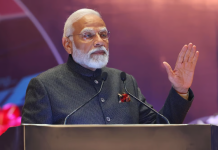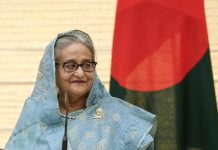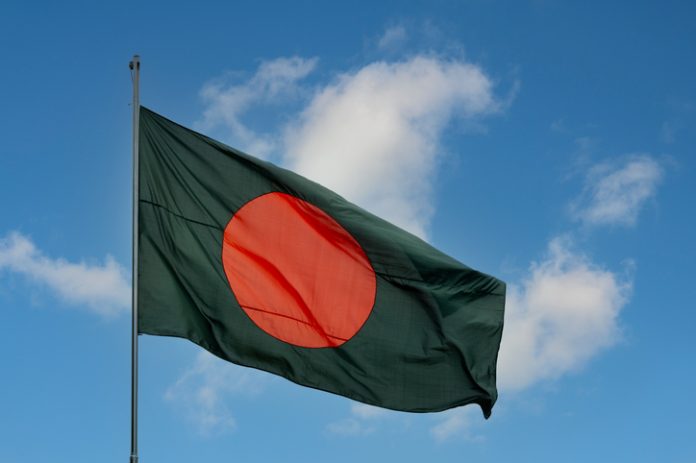Bangladesh’s economy is grappling with skyrocketing interest payments, which eat up more than half of government revenue expenses during the first four months of the current fiscal year 2024–25, according to data from the Ministry of Finance of Bangladesh.
Economic experts said that Bangladesh’s external debt is over $100 billion with higher interest rates, posing grim challenges for the country’s economy, especially considering its declining revenue and foreign exchange earnings.
Earlier this week, Bangladesh Foreign Affairs Adviser Touhid Hossain, during his bilateral talk with Chinese Foreign Minister Wang Yi in Beijing, urged China to reduce interest rates and extend the loan repayment period from 20 years to 30 years for Chinese loans to Bangladesh. China is the fourth-largest creditor for Bangladesh after Japan, the World Bank, and the Asian Development Bank. Moreover, the timeframe for Chinese loans is significantly shorter compared to other major lenders of Bangladesh, creating heavy repayment pressure.
The growing financial burden on Bangladesh can be attributed to a shift in the country’s borrowing practices. Concessional loans, which typically carry interest rates of 2% or less, have become less accessible, forcing Bangladesh to rely more on market-based loans from China and other creditors.
Bangladesh’s very low tax-to-GDP ratio is another major concern. On one hand, government expenditure has risen significantly, while local revenue collection has failed to keep pace with the increase in costs. The country’s tax-to-GDP ratio stands at approximately 8 percent, far below the Asia-Pacific average of 19 percent.
Moreover, the International Monetary Fund (IMF) has deferred the release of the fourth tranche of Bangladesh’s $4.7 billion budget support loan, primarily due to Bangladesh’s failure to meet the revenue collection target set by the National Board of Revenue.









































